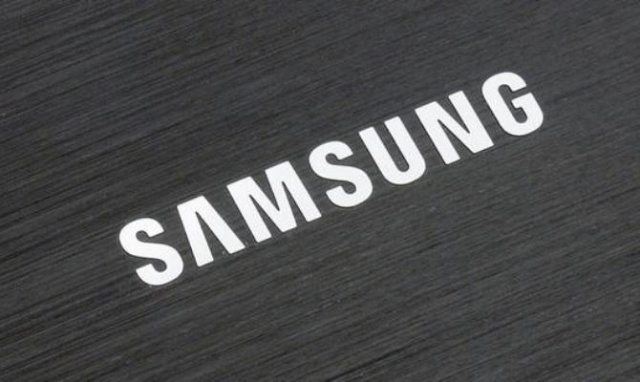Judge Denies Two More Samsung Pre-Trial Proposals, Uses Apple Patent Wording As A Definition
A mere ten days before the scheduled patent infringement trial between Samsung and Apple, US District Judge Lucky Koh rejected two more proposals from Samsung, maker of Android enabled smartphones. Judge Koh entered a supplemental claim construction order in which two disputed terms are now defined. Unfortunately for Samsung, who initially requested the order, the definition decision favors Apple, using the Cupertino-based tech company’s definition in the dispute.
According to FOSS Patents, Samsung asked the court to clear up two terms: one from the “overscroll bounce” patent and one from the “tap to zoom and navigate” patent. Samsung asked that the term “electronic document” be defined as “content having a defined set of boundaries that can be visually represented on a screen,” while Apple grudgingly says that, for the purposes of this patent, is “a document stored in a digital format; for example, an ‘electronic document’ could be a web page, a digital image, a word processing, spreadsheet or presentation document, or a list of items in a digital format.”
The consistency of Apple’s definition across the different claims in the case was enough to convince Judge Koh to use the very similar definition as follows. She recorded the definition as “a document stored in a digital format. An ‘electronic document’ includes, but is not limited to, a web page; a digital image; a word processing, spreadsheet or presentation document; or a list of items in a digital format.” Which is to all intents and purposes Apple’s definition.
The second disputed term, “structured,” was also rejected by Judge Koh, saying that it needed no construction, or definition. Basically, the term itself has enough solid meaning outside of the case that the court would use the commonly accepted construction of the term. This was also one of Apple’s opinion on the term.
Samsung isn’t faring too well in any of the pre-trial court activities, unfortunately. As FOSS Patents’ Florian Meuller writes, “Samsung also didn’t prevail on any of its 12 summary judgment requests, while Apple prevailed on one of its three summary judgment requests.” It’s not looking super great for the Korean smartphone maker. Time and trial will tell, however, how this all pans out.
- SourceFOSS Patents
- ViaApple Insider



